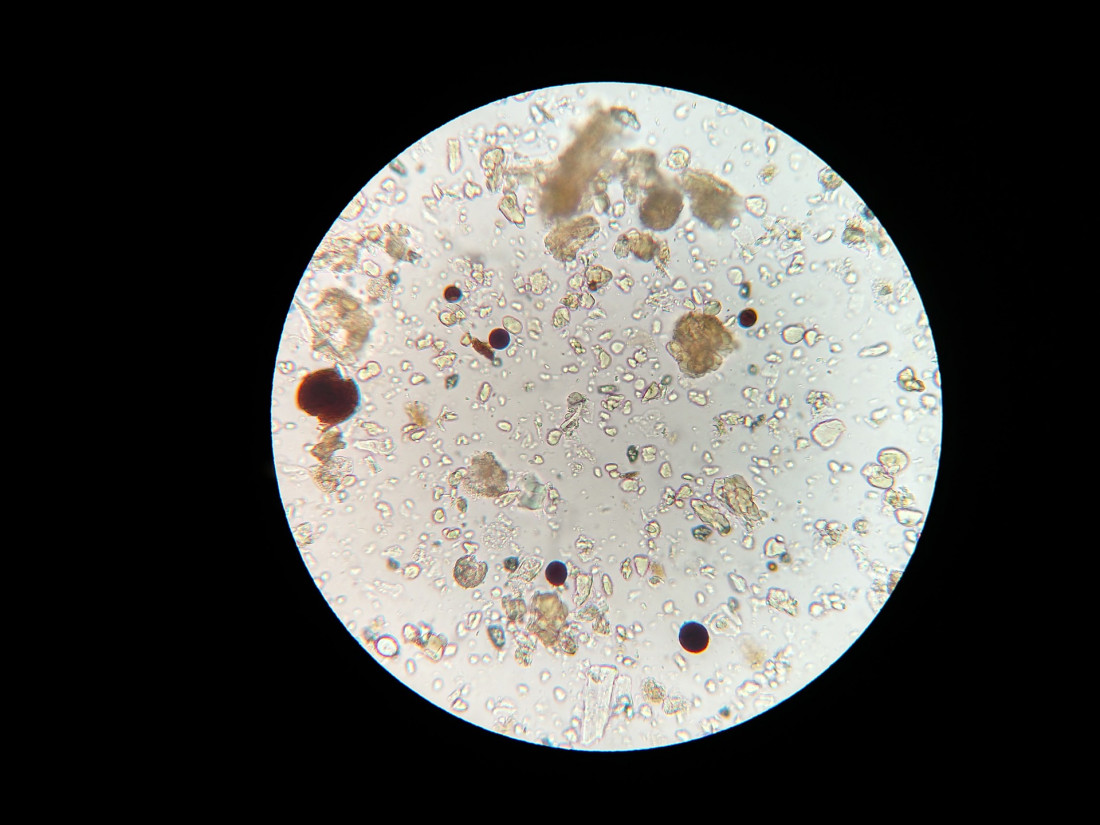The improved production of numerous biochemicals, including butyric acid, is now a step closer following a comprehensive analysis of the Gram-positive, anaerobic spore-forming bacteria Clostridium tyrobutyricum . The study included the sequencing of the bacteria’s genome, opening the door for exploration into ways that the bacteria can be engineered to allow for improved biochemical production.
As the online journal Controlled Environments reports, “The team adopted a genoproteomic approach, combining genomics and proteomics, to investigate the metabolic features of C. tyrobutyricum. [Whereby] The expression of various metabolic genes, including those involved in butyrate formation, was analyzed using the ‘shotgun’ proteome approach.”
Prior to this research, little was known about the genotypic and metabolic traits of Clostridium tyrobutyricum, even though it had long been considered a potential tool for large scale biochemical production. Given the advantages that the bacteria’s metabolism has over its alternatives the study is a key step towards improved biochemical production and more economical biofuels.
The research was based at the Chemical and Biomolecular Engineering Department at the Korea Advanced Institute of Science and Technology (KAIST) whose website explained the inherent advantages of the bacteria, stating, “To date, the bio-based production of 1-butanol, a next-generation biofuel, has relied on several clostridial hosts including C. acetobutylicum and C. beijerinckii. However, these organisms have a low tolerance against 1-butanol even though they are naturally capable of producing it. C. tyrobutyricum cannot produce 1-butanol itself, but has a higher 1-butanol-tolerance and rapid uptake of monosaccharides, compared to those two species.”
By identifying the genes involved in the central metabolism of C. tyrobutyricum the study will accelerate research into how the bacterium can be engineered to replace traditional bacterial hosts in the production of butyric acid and 1-butanol.
When discussing the significance of the study, lead researcher, Professor Sang Yup Lee explained how, “The unique metabolic features and energy conservation mechanisms of C. tyrobutyricum can be employed in the various microbial hosts we have previously developed to further improve their productivity and yield. Moreover, findings on C. tyrobutyricum revealed by this study will be the first step to directly engineer this bacterium.”
You can listen to Prof Lee’s five minute talk on the topic of ‘Bio-based materials that replace petroleum-based materials’ at the World Economic Forum on YouTube here.
The title of the research paper is ‘Deciphering Clostridium tyrobutyricum Metabolism Based on the Who-Genome Sequence and Proteome Analyses’, which has been published in the online open access journal of the American Society for Microbiology ‘MBio’ (DOI: 10.1128/mBio.00743-16). The journal also acknowledged the importance of the discovery, stating, “Bio-based production of chemicals from renewable biomass has become increasingly important due to our concerns on climate change and other environmental problems. C. tyrobutyricum has been used for efficient butyric acid production. In order to further increase the performance and expand the capabilities of this strain toward production of other chemicals, metabolic engineering needs to be performed. For this, better understanding on the metabolic and physiological characteristics of this bacterium at the genome level is needed. This work reporting the results of complete genomic and proteomic analyses together with new insights on butyric acid biosynthetic pathway and energy conservation will allow development of strategies for metabolic engineering of C. tyrobutyricum for the bio-based production of various chemicals in addition to butyric acid.”
With the chemical industry’s continued reliance on fossil fuels as both a chemical feedstock and as an energy source there is a growing need for bio-based chemical production. A full understanding of the make-up and metabolic processes of key-bacteria is vital if the biochemical industry is to have a chance at replacing more traditional chemical feedstock sources.
Underlining this point is Director Jin-Woo Kim at the Platform Technology Division of the Ministry of Science, ICT and Future Planning of Korea, who oversees the Technology Development Program to Solve Climate Change, who praised the research, saying, “Over the years, Professor Lee’s team has researched the development of a bio-refinery system to produce natural and non-natural chemicals with the systems metabolic engineering of microorganisms. They were able to design strategies for the development of diverse industrial microbial strains to produce useful chemicals from inedible biomass-based carbon dioxide fixation. We believe the efficient production of butyric acid using a metabolic engineering approach will play an important role in the establishment of a bioprocess for chemical production.”
If he is correct, then maybe this bacterium will be the breakthrough for more affordable industrial chemical feedstock for everybody.


